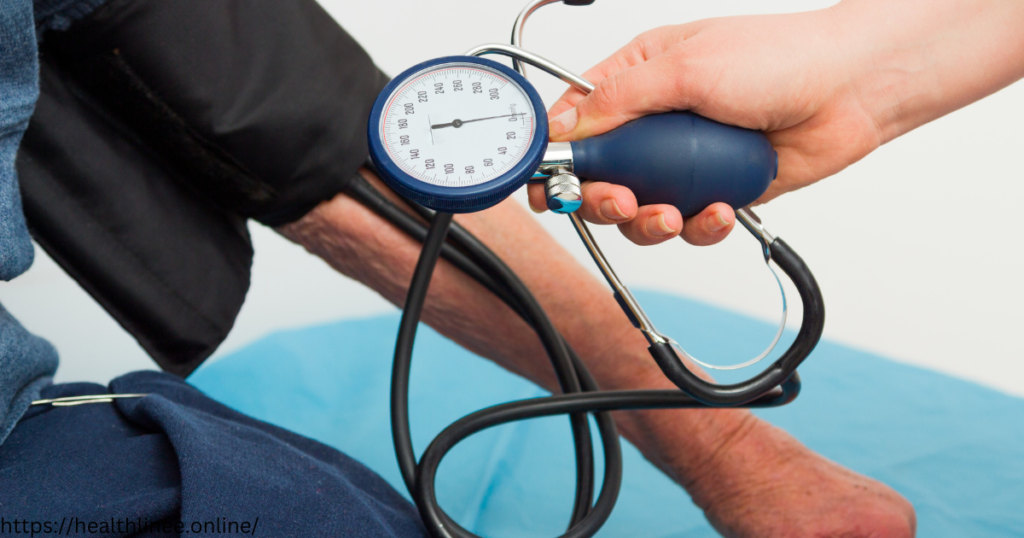Hypertension Introduction:
Hypertension, commonly known as high blood pressure, is a global health issue with a significant impact in the United States. Shockingly, over 45% of Americans suffer from this condition, which is the leading cause of heart disease and stroke. Although it often goes unnoticed due to its lack of symptoms, hypertension can lead to organ damage and increase the risk of serious health complications. In this blog post, we will delve into the world of hypertension, discussing its definition, causes, symptoms, and effective prevention and treatment methods.

:
Definition of Hypertension:
Hypertension is a medical condition characterized by consistently high blood pressure that puts strain on the artery walls. Blood pressure is measured by two numbers: systolic, which reflects pressure during heartbeats, and diastolic, which indicates pressure at rest. Normal blood pressure is 120/80 mmHg or lower, while hypertension is diagnosed when blood pressure consistently exceeds 130/80 mmHg or higher.
Causes of Hypertension:
Various factors, such as obesity, smoking, stress, poor diet, lack of physical activity, and genetics, contribute to the development of hypertension. It often develops slowly over time, and individuals may remain unaware of their condition for years. Certain medical conditions, including kidney disease, sleep apnea, and diabetes, can also lead to hypertension.
Symptoms of Hypertension:
Hypertension is often referred to as the “silent killer” because its symptoms may not be noticeable. However, occasional symptoms may include headaches, blurred vision, shortness of breath, and chest pain. Regular blood pressure checks are crucial to detect any potential complications or sudden episodes.
Prevention of Hypertension:
While hypertension may not always be preventable, certain lifestyle changes can greatly reduce the risk. Adopting a healthy diet rich in fruits, vegetables, whole grains, and lean protein, engaging in regular exercise, maintaining a healthy weight, quitting smoking, limiting alcohol consumption, managing stress, and getting sufficient sleep are all beneficial and can lower blood pressure, ultimately decreasing the risk of developing hypertension.
Treatment of Hypertension:
Individuals with hypertension may be prescribed medications by their doctors to help lower blood pressure. Additionally, lifestyle modifications such as dietary changes and regular exercise are often recommended as effective ways to manage this condition. LEARN MORE BLOG
Comments
One response to “Understanding Hypertension: The Silent Threat to Your Health”
[…] Understanding Hypertension: The Silent Threat to Your Health […]